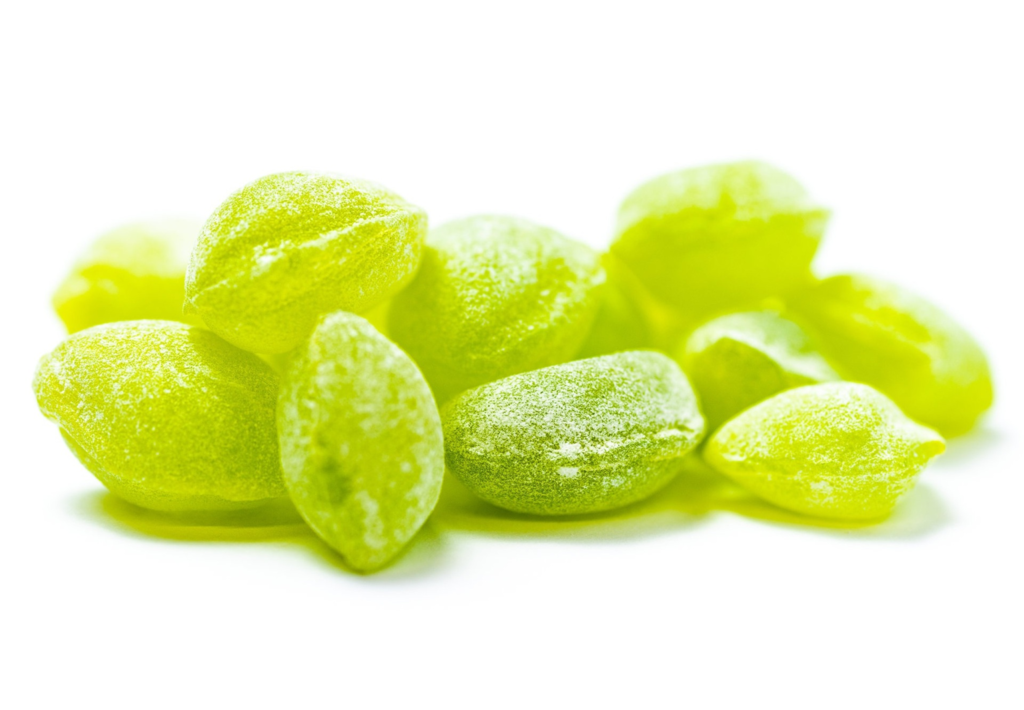North Dakota’s Legislature is moving forward with a significant overhaul of the state’s medical marijuana program after the House voted today in favor of advancing Senate Bill 2294 through its second reading.

A cannabis lozenge.
The vote in the House was 58 to 31, moving the measure to a third reading and final reading. Even though the Senate approved the measure last month by a vote of 35 to 11, once the House passes the measure through its third reading it will be sent back to the Senate for a vote of concurrence, given the House voted to make amendments to the proposal.
The bill proposes several key changes to the state’s medical cannabis law. Among its provisions, the legislation allows nonresident medical marijuana patients to obtain temporary North Dakota registry identification cards if they already hold valid out-of-state medical marijuana credentials.
The bill also increases the maximum allowable purchase and possession limits for certain patients, particularly those authorized for an enhanced allowable amount—such as cancer patients. Under the new law, patients with an enhanced allowable amount may now purchase up to six ounces per 30-day period (up from 2.5 ounces) and possess up to 7.5 ounces at any time.
One of the most notable changes is the partial legalization of medical marijuana edibles, though with strict limitations. The bill allows only lozenge-style edibles in a geometric square shape, capping THC content at 5 mg per serving and 50 mg per package. Other common edible forms, such as gummies or baked goods, remain prohibited.
If the House grants final approval, the Senate will vote on whether to concur with the amendments before the bill is sent to Governor Doug Burgum for potential signature into law. The final vote in the House is expected soon.
Earlier this month the House voted 67 to 25 to approve House Bill 1203, which would allow licensed manufacturers to produce and sell regulated edible marijuana products to registered patients.
North Dakota’s medical marijuana program, established in 2016 and later amended by the legislature to allow dried flower, currently allows registered patients to purchase marijuana in forms such as tinctures, capsules, and concentrates.







